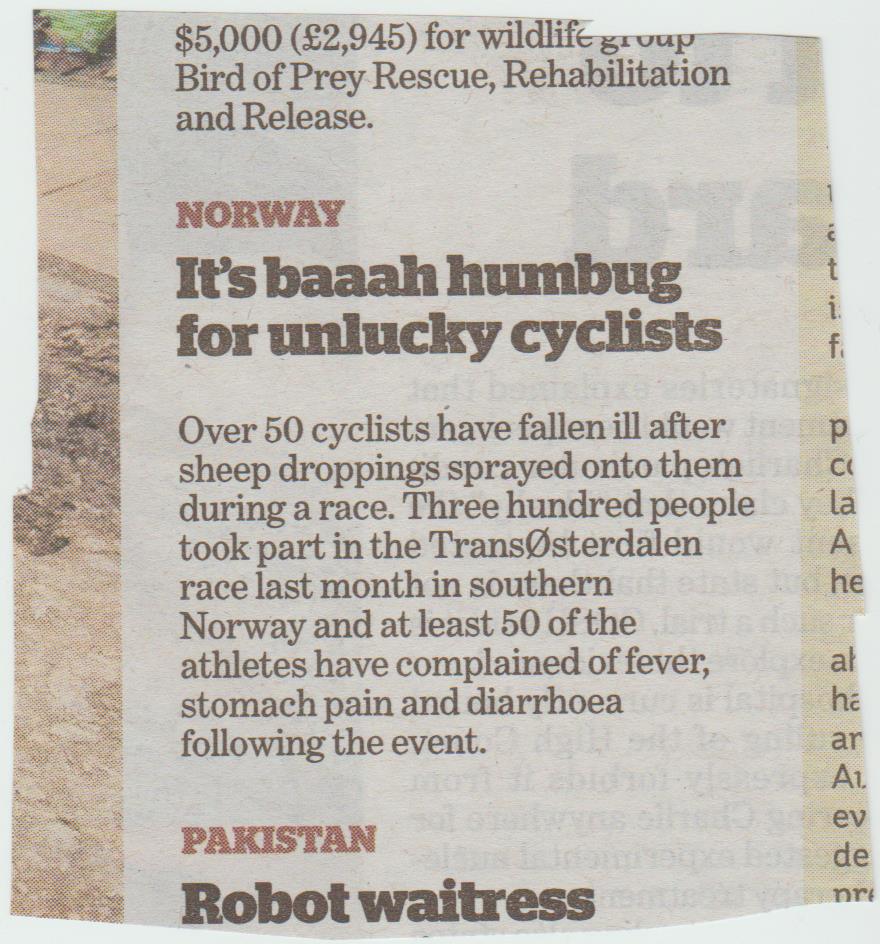
In a closely fought contest, here is the clear winner of Worst Headline Of The Year So Far. The first rule of headline writing is that it should have some relevance to the story. The expression ‘bah humbug’ is related to Dickens’s Scrooge and Christmas. ‘Baaah humbug’ suggests, if anything, miserly sheep. In any case a sheep’s sound is conventionally rendered as ‘baa’.
I would suggest:
Sheep do the dirty
on racing cyclists
Now to the story (47 words). How were the sheep droppings sprayed? Accidentally or deliberately? ‘On to’ is two words, not one. You don’t need ‘people’ unless you feel it necessary to point out that cyclists are human beings, not giraffes. Similarly you don’t need ‘the athletes’. It would be neater to say ‘since then’ rather than ‘following the event’, though you don’t need either. You don’t need to repeat the number 50 or the word ‘race’. This is how I would do it:
More than 50 cyclists have fallen ill after riding through sheep droppings during a road race. They were among 300 taking part in the 245 km (152 miles) three-day TransOsterdalen event in southern Norway last month. The droppings sprayed the victims, who have since suffered fever, stomach pain and diarrhoea. (48 words)
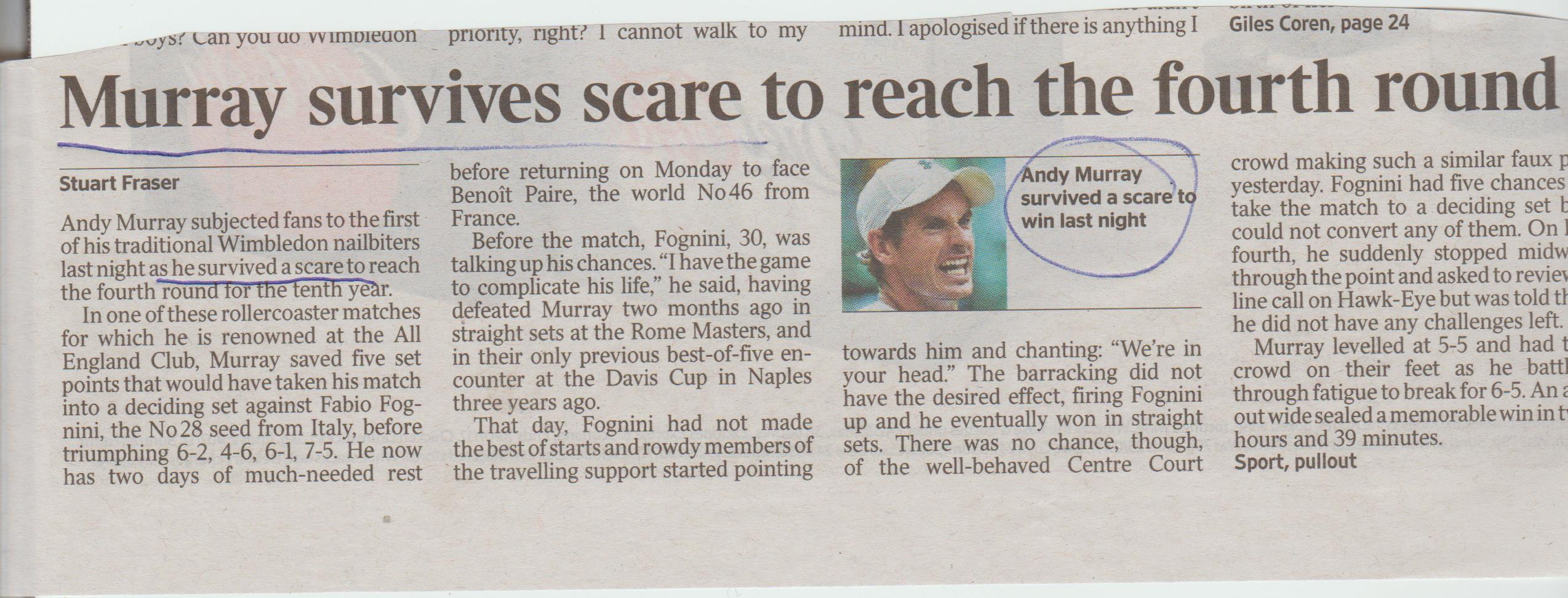 The Times, July 8, 2017
The Times, July 8, 2017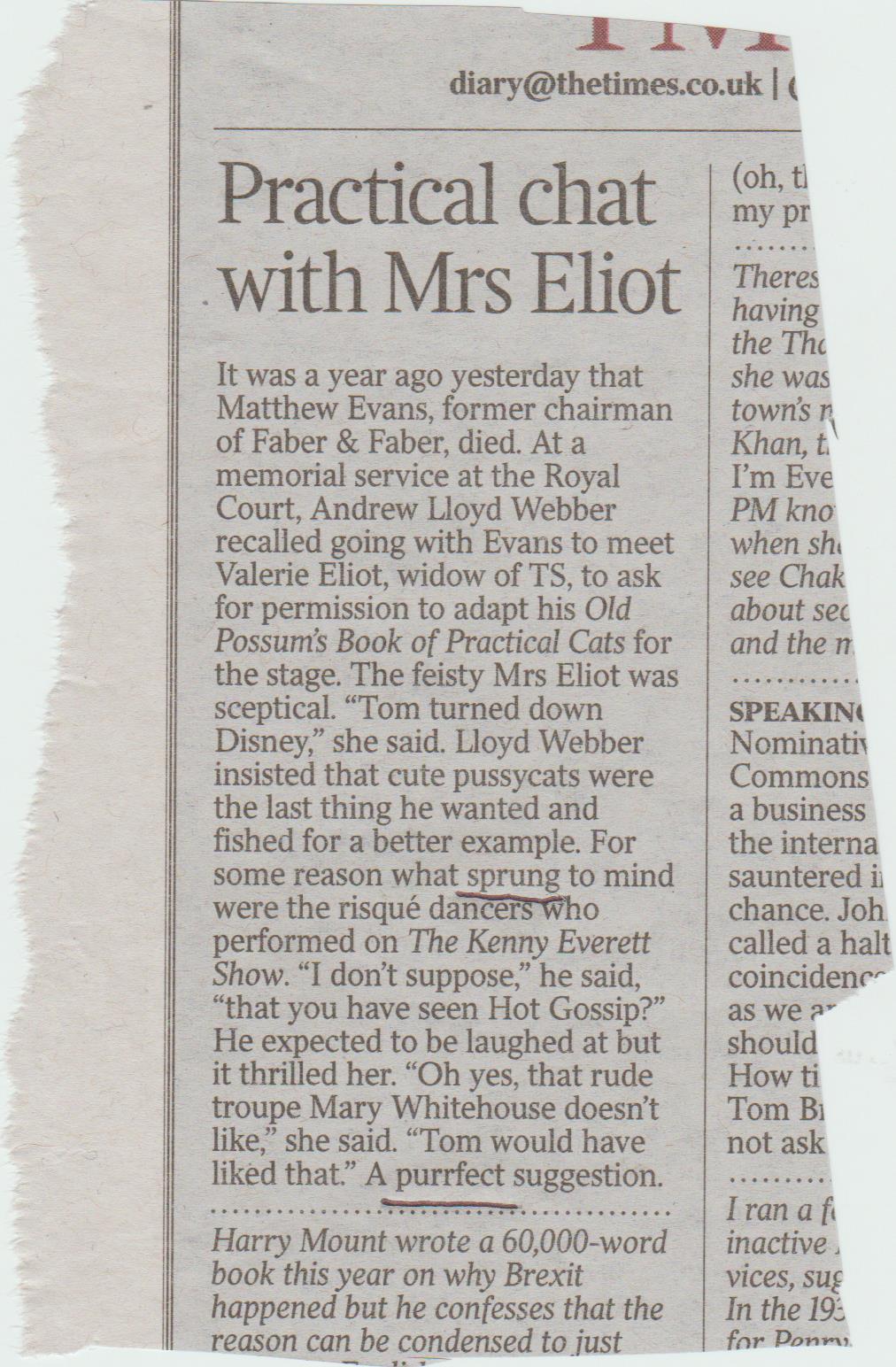 The Times, July 7, 2017
The Times, July 7, 2017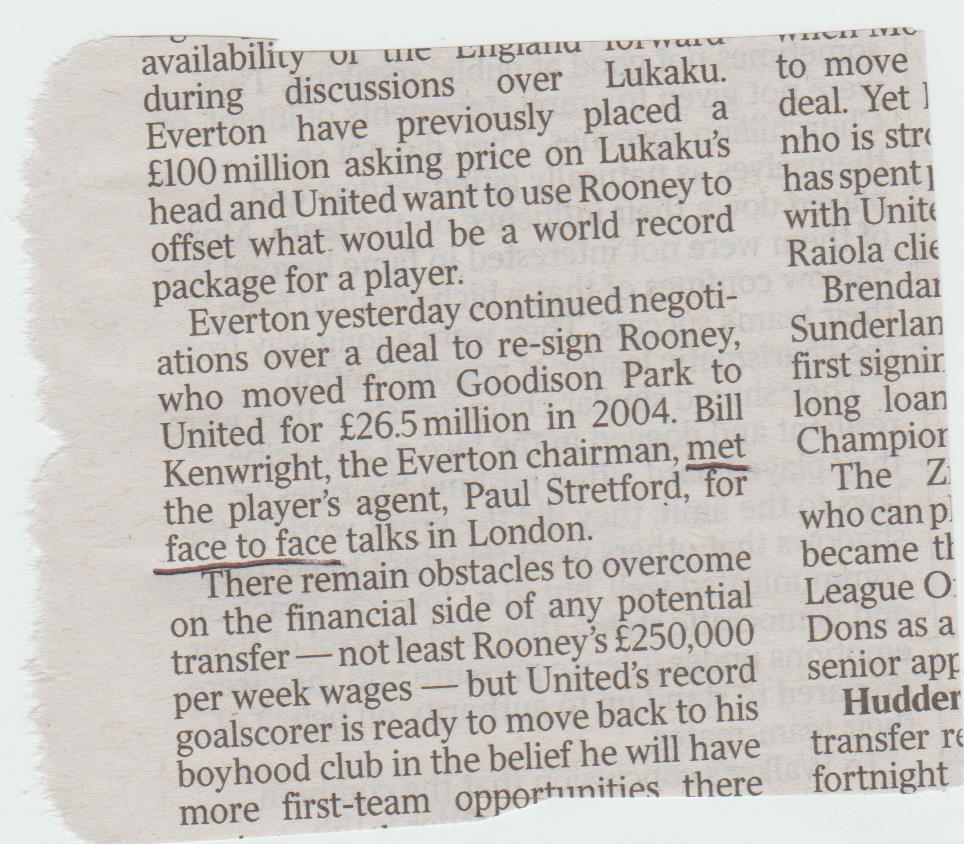 The Times, July 6, 2017
The Times, July 6, 2017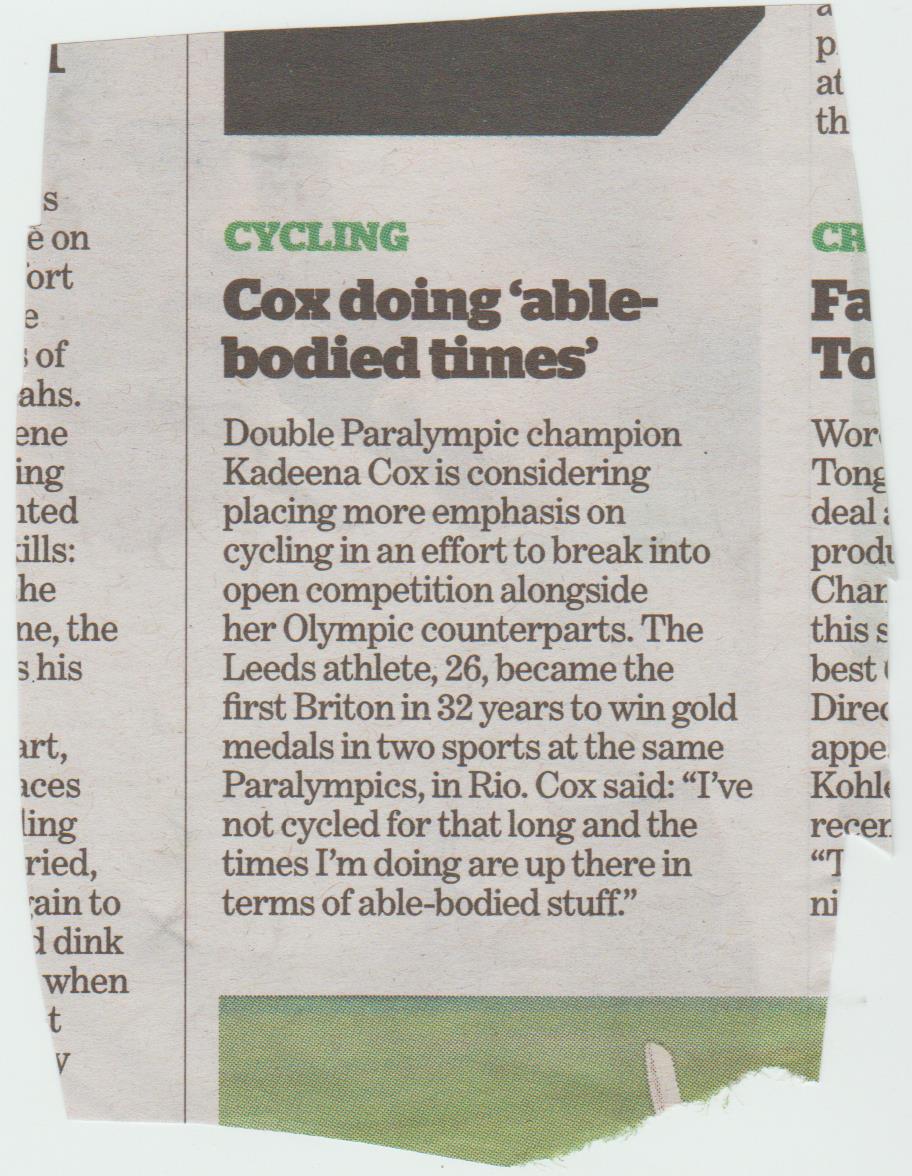 i newspaper, July 4, 2017
i newspaper, July 4, 2017 i newspaper, July 3, 2017 – Page One
i newspaper, July 3, 2017 – Page One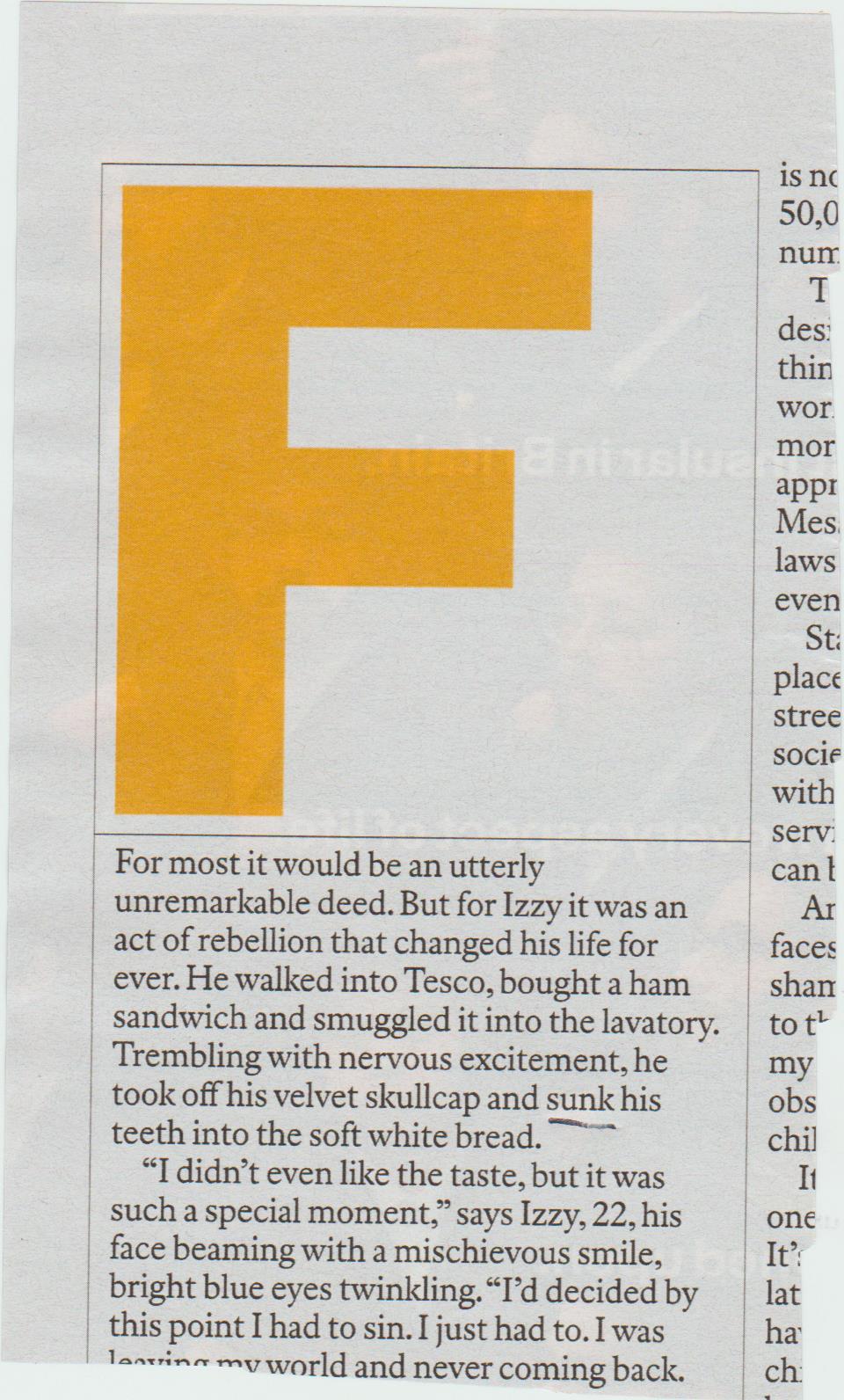 Sunday Times, July 2, 2017
Sunday Times, July 2, 2017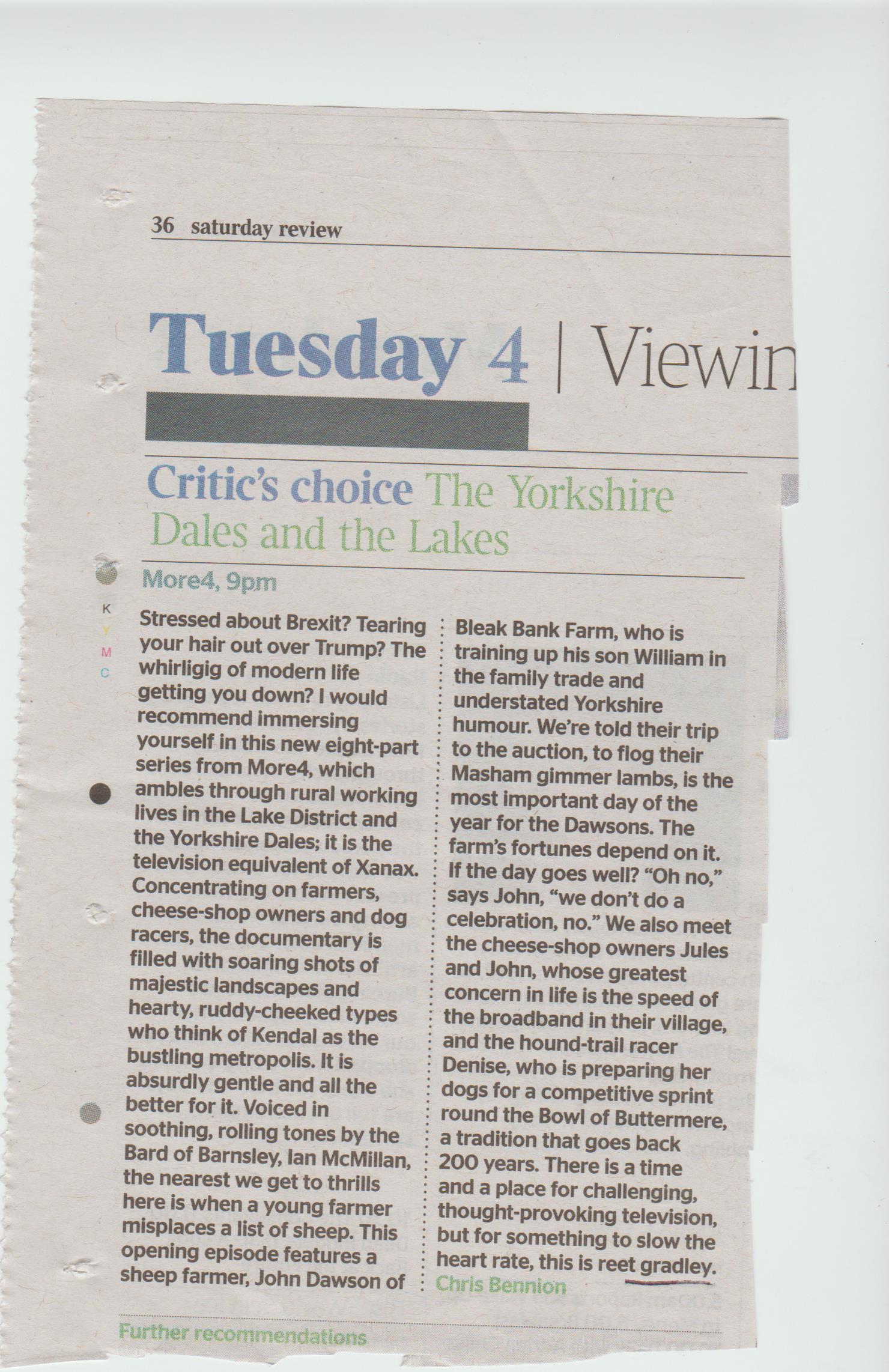 The Times, July 1, 2017
The Times, July 1, 2017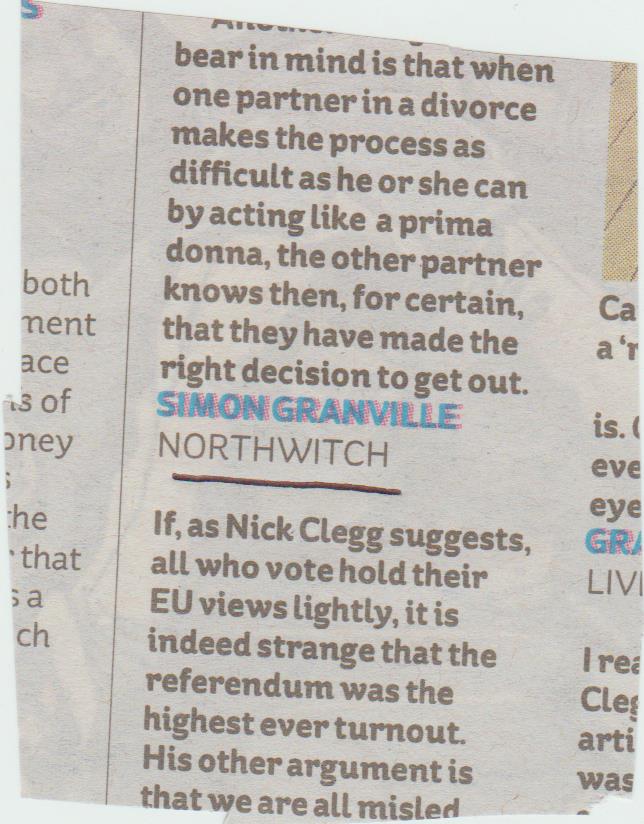 i newspaper, July 1, 2017
i newspaper, July 1, 2017 The Times, June 30, 2017
The Times, June 30, 2017